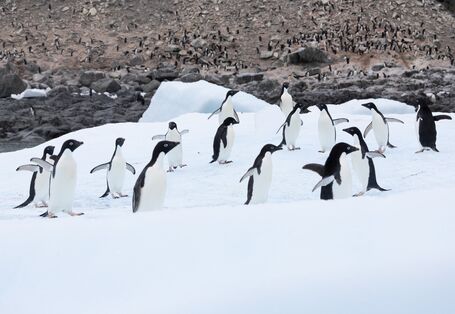Federal Environment Ministry supports preventive health measures in the climate crisis

On World Environment Day, the German Environment Ministry (BMUV), together with the German Environment Agency (UBA), the Federal Office for Radiation Protection (BfS) and the Federal Agency for Nature Conservation (BfN), provided comprehensive information on the health risks and protective measures related to the climate crisis at the Environment Week event.










